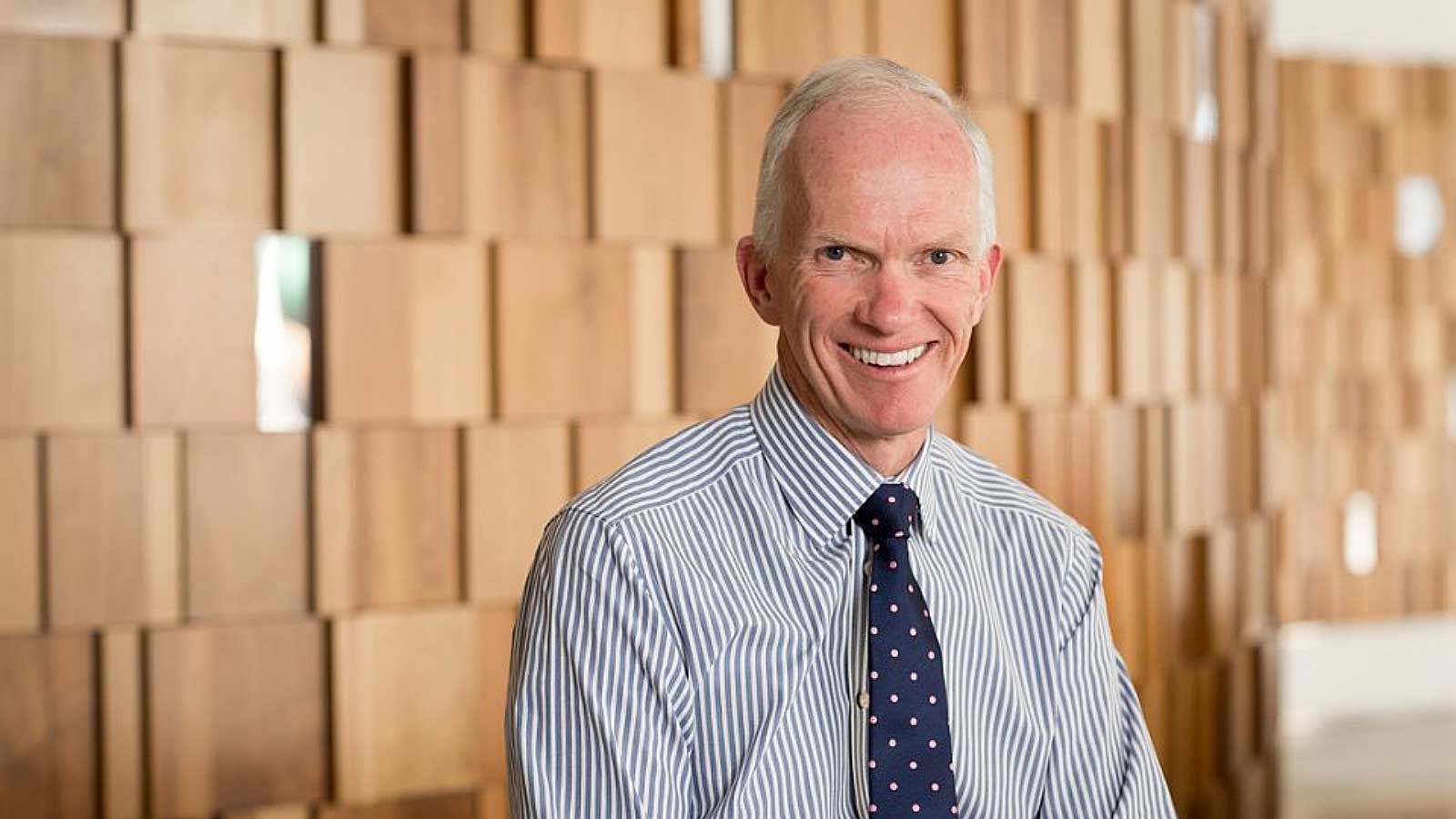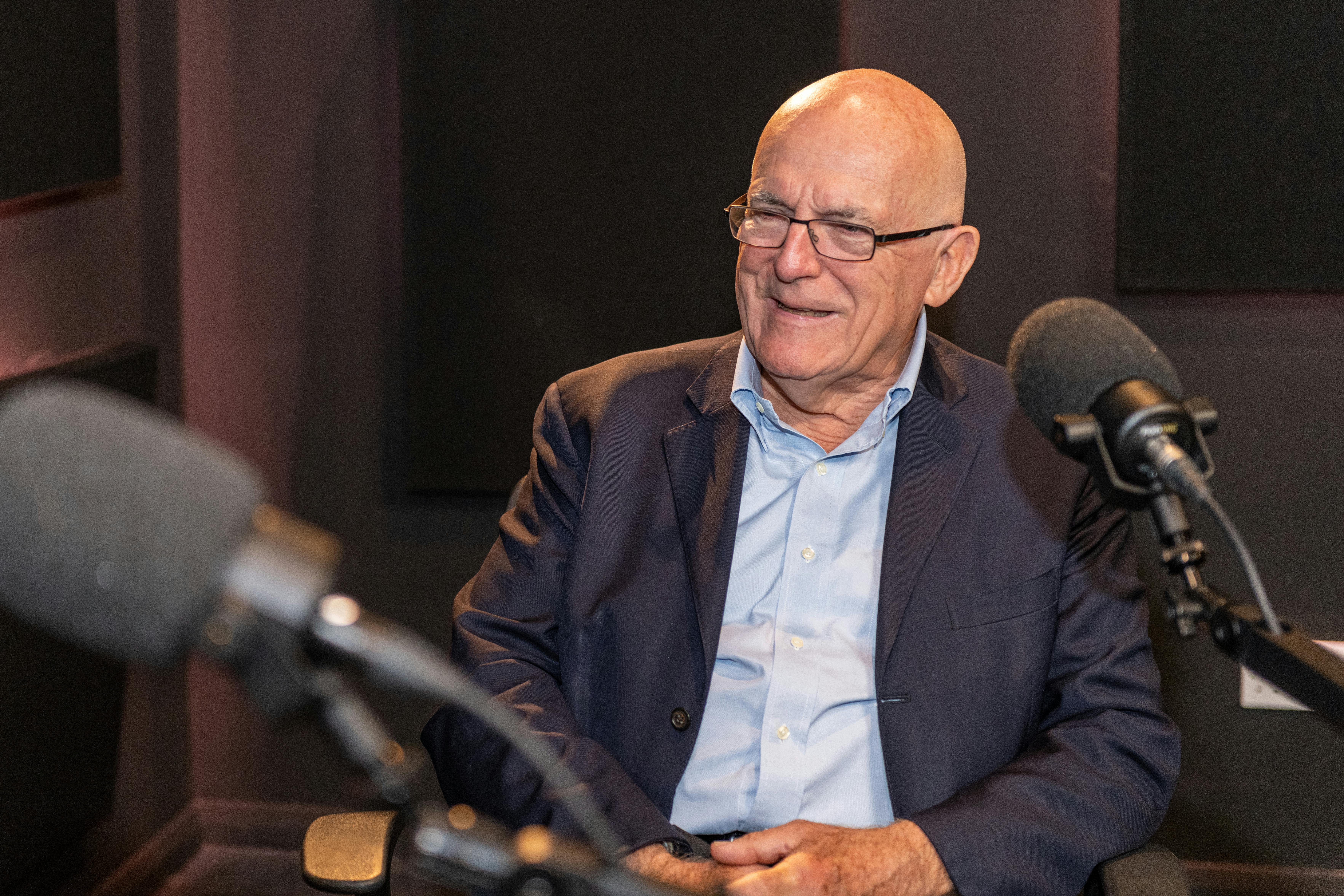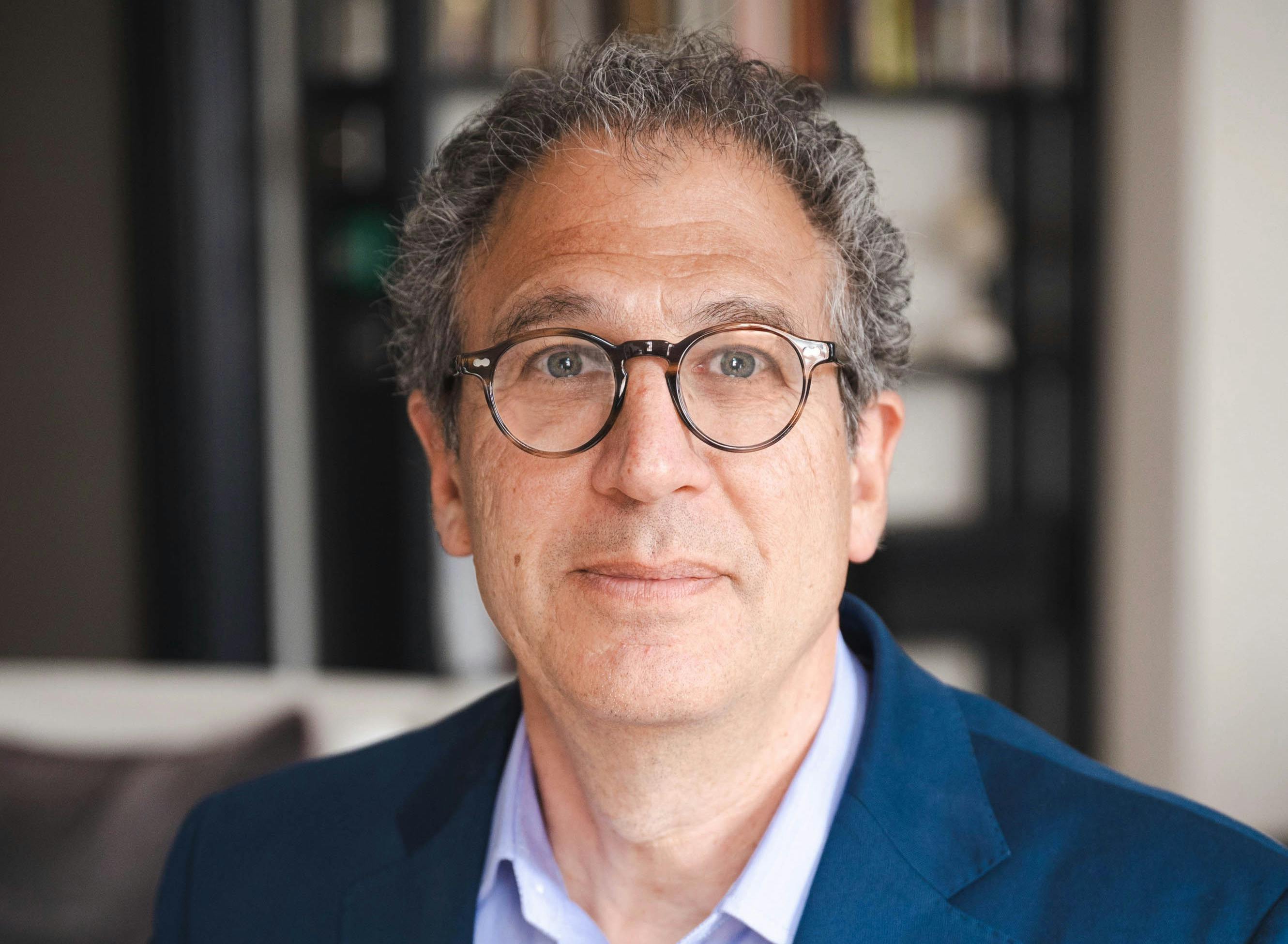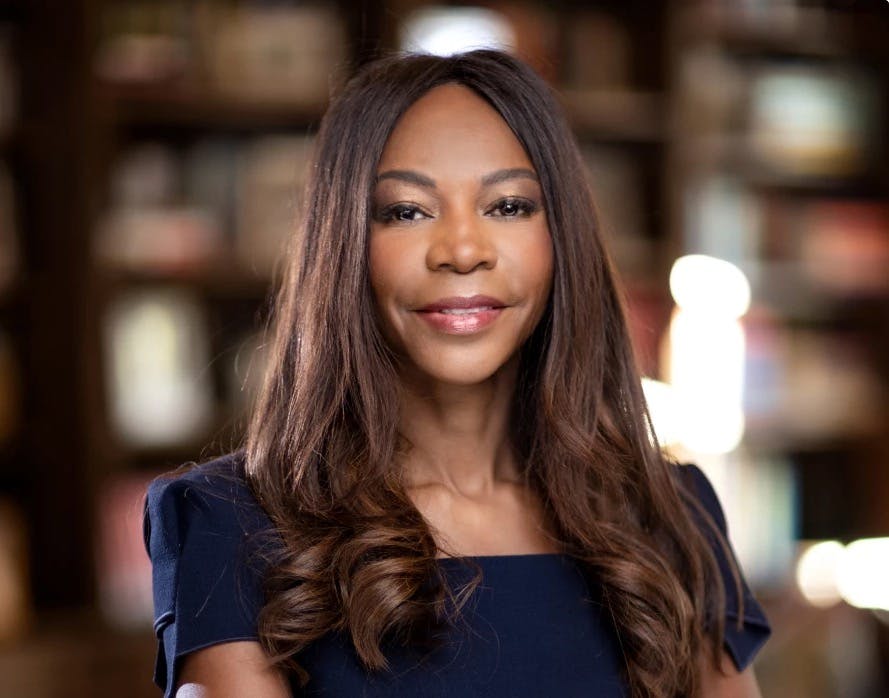
15 minutes with… Stephen Welton, CEO of the Business Growth Fund
Magic circle magician and CEO of the UK and Ireland’s biggest growth investor, Stephen Welton, shares some insights following his appointment as a non-executive director on the board of ICG PLC.
Background
Stephen Welton is CEO of the Business Growth Fund (“BGF”). Since launching in 2011 BGF has grown under his leadership to become the UK’s most active provider of growth capital for small and mid-sized companies. Prior to joining the BGF, Stephen was one of the founding partners of the global private equity firm CCMP (formerly JP Morgan Partners), and Managing Director of Barclays Private Equity and Henderson Ventures, which he co-founded. In 2013 he was appointed as an Advisor to the Government regarding the establishment of the British Business Bank, and in 2017 was invited to join the Industry Panel for the Government’s Patient Capital Review.
Through Nurole, he was recently appointed to the board of FTSE 250 Intermediate Capital Group.
Best Advice
Best professional advice anyone gave you?
Never give up. For anyone starting a career today, it must look very daunting - the world has never been more competitive. But it also felt like that when I started. I think being determined and being an optimist is key. Things don’t just happen, you have to make them happen.
Advice for anyone looking for their first non-executive role?
Be very clear about why you are doing it and what you have to offer. That self reflection is every bit as important for a non-executive role as it is for an executive role. For me it was about getting exposure to a large public company, which is different from what I do day-to-day and which I see as a stimulating, enriching and challenging opportunity in equal measure.
Advice for anyone preparing for their first non-executive interview?
I think it’s no different to the extensive work required for an executive interview. The days of being superficial and glossing over are long gone. Much like at the start of your career, nothing obviates the need to be prepared and professional. I think people sometimes underestimate the work required for non-executive interview preparation because they are typically at a stage in their career where they feel their experience speaks for itself. It’s also worth saying that it’s important to make sure you are genuinely interested because, if you are not, it will be obvious.
What advice can you give to those who have been rejected for roles?
Back to my first advice - never give up! Be thorough in your evaluation of why you were not successful - understand whether it was down to a lack of preparation, commitment or fit. It’s true of business generally, but a healthy degree of honesty with yourself is going to get you a long way.
What do you think is the key to being a good non-executive?
It’s key to be engaged, a good listener and to build credibility with the executive team. That requires you to be good at collaborating but also at providing challenge in a supportive and constructive manner. There is a clear line between executive and non-executive which is important you don’t cross. As an executive, the non-executives who stand out are those who raise points at board meetings that make me go away and act on them, or that identify opportunities. They are both objective and thought provoking, with the result that they spur action. Nobody has a monopoly on wisdom so they are incredibly valuable.
How do you know whether to keep someone “on the bus” if they are borderline?
Waiting too long is not helpful for anyone, but it requires a degree of honesty. I think you have to start with objectives and measure personal and professional performance against them. If there is a mismatch on performance and outcomes, you have to look at the reasons for them. For example, are expectations unrealistic or is there a capability gap? In growing businesses it happens a lot and you just have to accept that the people who you start with won’t always last the journey.
What do you need to work on to become a better CEO and what are you doing about it?
I’m working on improving my ability to take feedback and creating a collegiate environment. In a growing business scaling fast, a strong team is critical - the role of the CEO is to bring the best out of the team. We talk a lot about effective management in our portfolio companies, which always offers an opportunity for us to reflect and learn about ourselves. We do a lot of case studies for investments - in many cases where things fail it’s often attributed to the management team, but will require some digging to better understand exactly why. Was the underlying issue the wrong strategy, personality or a failure of teamwork? It’s key to have an enquiring mind and keep challenging yourself. Complacency is the ultimate killer of any organisation.
What advice would you give to anyone thinking about whether they should take on a CEO role?
Are you prepared to make the personal commitment and sacrifice to make it successful? Leadership starts at the top - are you fully committed to the objectives and cause? You need to be prepared to invest the time and effort because it’s all consuming. You will set the culture. Do you have a clear vision about that to make it real?
What is your most effective method for assessing prospective new hires?
Taking capability as a given, I look for energy and enthusiasm.
When have you got it most wrong professionally and what did you learn?
Biggest mistakes have been poor investments due to a poor decision-making process. Success has a thousand fathers, as they say, but the key is to learn from an investment that fails as you can’t make every investment successful. Most often it has been down to poor judgement, which normally comes on the back of poor information. The lesson is usually a reminder of the need to be thorough - it’s not about boiling the ocean but making sure you are looking at the right issues and seeing the wood for the trees. Things can always go wrong with an investment but if it’s the result of a risk you didn’t identify, then you didn’t do your work properly.
When history looks back on the next 20 years, what do you predict will define the period?
The next phase of industrial revolution, which is a technology driven revolution. The whole nature of work is changing. New industries are being created and old ones disappearing. It will create significant opportunities, but also huge social and economic upheaval which will need to be carefully managed.
Your Nurole Experience
How did you hear about Nurole?
A recommendation.
What made you sign up?
I believe in practicing what we preach and supporting small companies. It would be hypocritical not to support new businesses and disruptive approaches looking to make a big impact.
How have you found the experience as a member?
Highly efficient. I have a full-time executive role and was only interested in taking on one non-executive PLC role, so the alerts are very effective.
What advice would you have for other members applying through the platform?
Don’t tick every box - if you think you can do any role at any company anywhere, you are not being targeted enough.
In one sentence, how would you explain what Nurole does to someone who doesn’t know it?
Increasingly effective and targeted platform that puts interesting opportunities in front of you.
About You - 10 Question Quick Fire
3 words the person who has worked most with you would use to characterise you?
Energetic, ambitious, passionate.
Favourite book?
1984, George Orwell.
Favourite restaurant?
Franco’s, Jermyn Street.
Favourite quote?
“If -”, Rudyard Kipling.
Greatest passion?
Other than my family; magic and squash.
Best life hack?
Playing squash, which enables me to switch off and recharge my brain.
Professional achievement of which you are most proud?
Setting up BGF.
Role model / mentor?
I have a very good Chairman, Sir Nigel Rudd. He is a great leader for our business.
When does your alarm go off and how many hours of sleep do you have on average?
Alarm goes off at 5:30 - I usually sleep 5-6 hours.
Best idea for a £10,000 investment?
Invest in cyber security. It’s a new industry which is clearly going to be massive.






